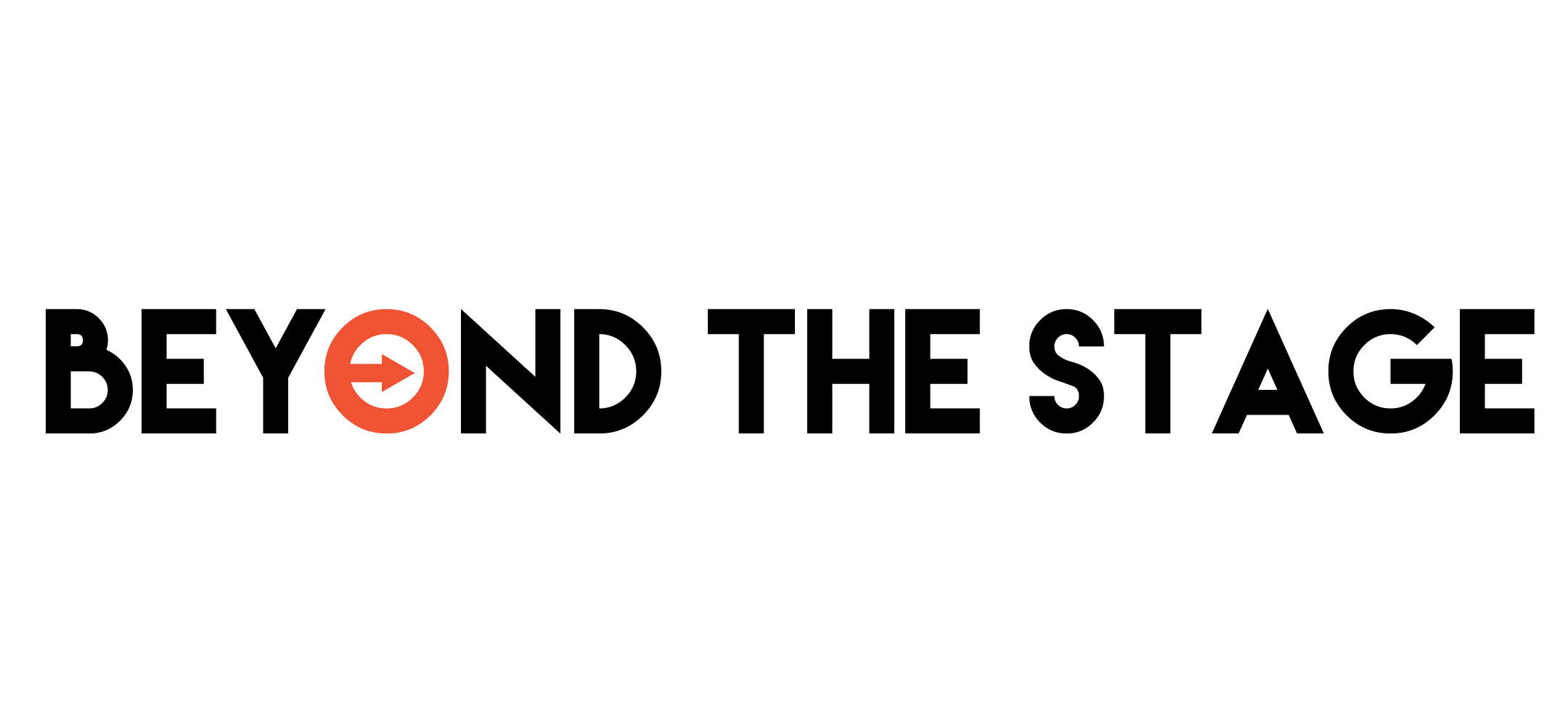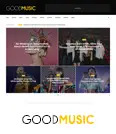Janet Jackson is back! Jackson released her slinky new single, “No Sleeep”, in late June, her first release since the release of her Greatest Hits album in 2009, excluding the new song for the soundtrack of the Tyler Perry film she was in. This single is released on her new label Rhythm Nation Records, distributed by BMG and comes in promotion of a worldwide tour beginning tonight in Vancouver. The record label is named after her 1989 album Janet Jackson’s Rhythm Nation 1814, a concept album dedicated to the fight for social change. Her previous album, Control, released three years earlier, had established her as an artist in her own right and got her out of the shadow of her famous family and especially her famous older brother, Michael Jackson. Now that she had the independence to say what she wanted to say musically, the question then became what she was going to say. Jackson decided that she had to use her music to help combat the social ills plaguing the world. She certainly was not the first to do so, but in devoting an entire album to that concept at the peak of her career, her intent is very clear. When she was on the cover of Rolling Stone magazine promoting this album, she said: “we have so little time to solve these problems. I want people to realize the urgency. I want to grab their attention. Music is my way of doing that.” Jackson decided she wanted to use her platform to do more than just entertain. She wanted to send out a message. Anyone with that level of recognition and influence ought to use that power to advance society and fight for causes they believe in. Entertainers who dominate the cultural conversation have a civic responsibility to use that level of influence to shape the future.
In recent years, we have seen artists follow in Jackson’s footsteps and enact real change through both their music and their political activism. On September 16, 2010, Lady Gaga posted a video of her sitting in front of an American flag encouraging the Senate to repeal Don’t Ask, Don’t Tell, the legislation banning members of the military from serving if they are openly gay. In the video, she also encouraged her fans, many of whom are not even of age to vote, to call their senators and congressmen to encourage them to repeal the law. The law was later repealed, and Gaga had successfully rallied her fans to be civically engaged because her fans wanted to do what she thought was important for them to do. A few years later, Macklemore & Ryan Lewis released a song called “Same Love”, a song advocating for acceptance of the LGBT community and the legalization of same-sex marriage. The single was released on July 18, 2012, to coincide with Washington Referendum 74, a referendum on the Washington state ballot to legalize gay marriage. The referendum passed, in no small part due to Macklemore & Ryan Lewis’ grassroots following in Washington and the song’s subsequent popularity across the country. The song later became an anthem for supporters of the repeal of the Defense of Marriage Act (DOMA), a law which allowed states to refuse to recognize same-sex marriages. In response to a landmark Supreme Court on the subject being decided around the same time, Section 3 of the law, which defines marriage as a legal union only between a man and a woman, was repealed. The song became a rallying cry for the movement to legalize same-sex marriage in America, and is more than a little responsible for the momentum that the movement had at that time. Now, the Supreme Court has ruled same-sex marriage legal in all 50 states, and those artists decided to use their influence and their art to make an impact played a part in the success of that movement.
The only issue arises when an artist’s advocacy affects the delivery and enjoyment of the music. Ukrainian pop singer Ruslana faced this issue in 2004. 2004 marked a big year for her, both professionally and politically. Ruslana won the Eurovision Song Contest for Ukraine in this year, an international televised song contest watched by hundreds of millions of viewers annually. That same year, the Orange Revolution took place in Ukraine, in which Ukrainians protested what they saw to be a fraudulent election and expressed frustration by wearing orange and protesting in the streets. She released a music video for her song “Dance With the Wolves”, an otherwise innocuous pop song that was politicized in the video of the song. In the beginning of the video, the words “wild and free” followed by the words “devoted to recent events in Ukraine” are written in orange, accompanying images of Ruslana and her dances wearing blindfolds and walking through post-apocalyptic scenery similar to what Jackson utilized in “Rhythm Nation”. The video also prominently features live footage of Ruslana leading the Orange Revolution protests, wearing orange and shouting into a megaphone. Those parts of the video were censored in Russia, which was politically opposed to the Orange Revolution, as has become a trend in Ukraine and Russia’s relationship since. The subject matter of the song is pretty broad, and could just as easily be applied to a breakup or something that would not compel Russia to censor it. However, since the video made an explicit connection between the song and the issue, the two are now intertwined. Though this arguably has more to do with Russia than it does with Ruslana, since Ruslana chose to make a political statement in her music video, her fans in Russia are unable to witness her true vision. Their country’s relationship with her, and by extension their relationship with her, has been strained by Ruslana’s politics.
On a more extreme level, country band the Dixie Chicks were continuing their country dominance with the #1 song on country radio when, on the eve of the Iraq War, they played a sold-out show at Shepherd’s Bush Empire in England. In England, there was a large movement protesting the invasion of Iraq, which was in line politically with what lead singer Natalie Maines believed. Maines said: “Just so you know, we’re on the good side with y’all. We do not want this war, this violence, and we’re ashamed that the President of the United States is from Texas.” By the time the report reached the United States, the quote was shortened to “we’re ashamed that the President of the United States is from Texas.” As country artists, a large portion of their fanbase lived in a more conservative, Bush supporting part of the country, where news of Maines’ comments led to a political firestorm. The Dixie Chicks were boycotted on country radio and their #1 single, and their careers, plummeted. While it is arguable that the Chicks should not have made a statement that ran so counter to what the majority of their fan base believed, they were well within their rights to say what they believed. Furthermore, unlike in the Ruslana example, the statement made was not related to the music. None of their songs up to that point had any kind of political leaning one way or another, but the music suffered because of the response to what the artist stood for personally.
Though there are more than a few artists who hold strong convictions and stand up for what they believe in, this trend has caused some artists to jump on a popular ideological bandwagon without necessarily having a nuanced understanding of what they are promoting. The summer of 2014 saw conflict between Israel and the militant group Hamas in the Gaza Strip, after failed peace negotiations between Israel and the Palestinian Authority, the subsequent unity government between the Palestinian Authority and Hamas, the kidnapping and murder of three Israeli Jewish students in the West Bank by Hamas operatives, and the murder of a Palestinian teenager by Jewish extremists. Hamas began firing rockets at Israel, and Israel responded with targeted strikes at military targets culminating in a ground invasion. This outbreak in violence dominated news cycles in the United States, which of course led to artists taking notice and wanting to say something. Selena Gomez fell into this trap, posting a picture on Instagram saying “It’s About Humanity. Pray for Gaza”. This led to a firestorm on social media that led Gomez to respond saying “And of course to be clear, I am not picking any sides. I am praying for peace and humanity for all.” She said this despite the fact that her call to prayer was for Gaza and not for Israel, whose citizens were also living under heavy rocket fire and who have seen Post-Traumatic Stress Disorder (PTSD) rise heavily in areas that were getting pounded by rockets sent from the Gaza Strip. Though no one would have known that from watching the news, it is crucial for artists to understand that being an activist as a popular entertainer is a civic responsibility. They must be responsible enough to do their research and be sure that the cause they pick is one they truly agree with and can confidently and articulately stand behind. They almost have to be like politicians in how precise they must be about the causes they support, especially when the issue might be controversial.
The true question, though, is whether artists truly have any impact on what goes on in politics. Though the example listed above revolving around the legalization of same-sex marriage does suggest that they do, it is not always clear whether it is the artists that have the impact on political decisions or if the artists simply reflect popular attitudes that are going on around them. On one hand, politicians probably do not have the time or the interest to engage heavily in pop culture. At the same time, these politicians function in a representative democracy, and as such are supposed to represent their constituents. It is easy to see what matters to their constituents when you look at what or who influences their thinking and what or who they listen to. At least in theory, the power of what happens in the public space lies not with the legislators, but with the public. As such, someone who can profoundly influence the public has the power to change the course of history. Those people are the ones who dominate the cultural conversation. Those people are entertainers.
References:
http://www.billboard.com/articles/columns/pop-shop/6168905/selena-gomez-on-controversial-pray-for-gaza-instagram-post-i-am – Billboard article about Selena Gomez Gaza controversy
http://www.billboard.com/articles/columns/the-juice/6583268/janet-jackson-new-album-fall-rhythm-nation-bmg – Billboard article about Janet Jackson’s new album release and new record label Rhythm Nation Records
http://www.theatlantic.com/entertainment/archive/2014/09/the-world-changing-aspirations-of-rhythm-nation-1814/380144/ – Article about the legacy of Rhythm Nation
http://www.imdb.com/title/tt0811136/ – IMDB page for the documentary Shut Up and Sing surrounding the Dixie Chicks controversy
- Today in Music History: April 7 - April 7, 2023
- EP Review: Michigander’s It Will Never Be The Same - March 31, 2023
- Deep Dive: Spotify’s ALT NOW Playlist - March 30, 2023








